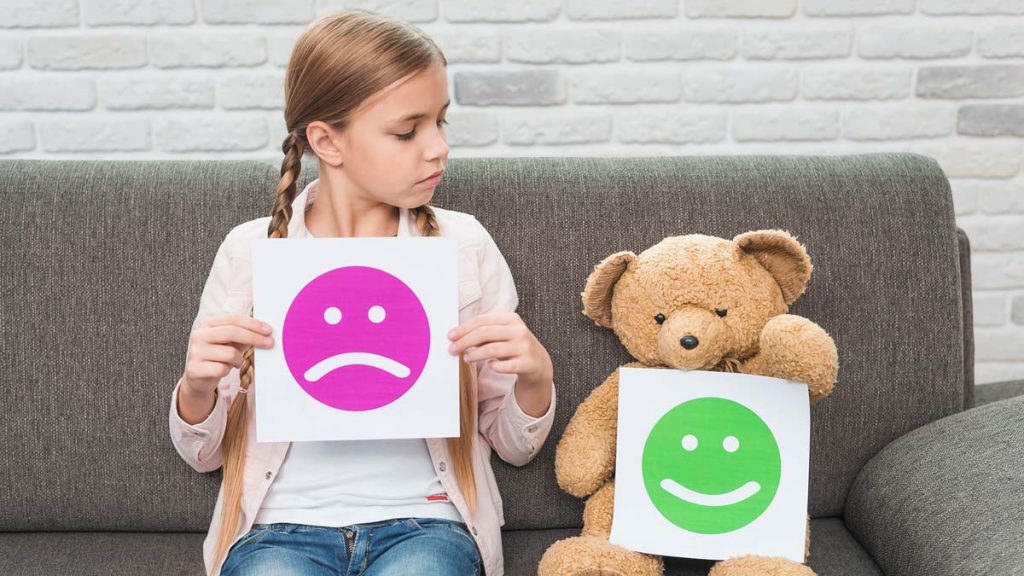A medida que el ser humano va creciendo su comportamiento se va basando en aprendizajes a través de la observación o a través de modelos, porque la información que nos ofrecen las personas con quienes convivimos nos ayuda para formarnos ideas de como adquirir nuevas conductas que nos servirán de guías para llevarlas a la acción.
A eso le llamamos aprendizaje vicario o modelado y es algo que hay que tomar en cuenta cuando estamos conviviendo con niños, pues los adultos somos su modelo que seguir.
Por ello es importante que los menores crezcan en un ambiente donde las emociones se permitan, donde no se les diga a los niños que no lloren por el simple hecho de ser hombres, o que las niñas no se enojen porque se ven feas. Las emociones son reacciones automáticas a estímulos y todas son válidas y necesarias para nuestro proceso de crecimiento. Lo importante será aprender a identificarlas, procesarlas y expresarlas de manera funcional.
¡Exprésate! No puedes esperar a que tus hijos expresen sus emociones, sentimientos y pensamientos si tú no lo haces.
Children and emotions
As human beings grow, their behavior is based on learning through observation or models. The information offered to us by the people we live with helps us form ideas on acquiring new behaviors that will serve as guides to put them into action.
This is what we call vicarious learning or modeling, and it is something that must be taken into account when we are living with children since we adults are their role models.
That is why children must grow up in an environment where emotions are allowed, where boys are not told not to cry just because they are men, or girls are not told not to get angry because they look ugly. Emotions are automatic reactions to stimuli, and all are valid and necessary for our growth process. The important thing is to learn to identify them, process them and practically express them.
Express yourself! You can’t wait for your children to express their emotions, feelings, and thoughts if you don’t do it yourself.

